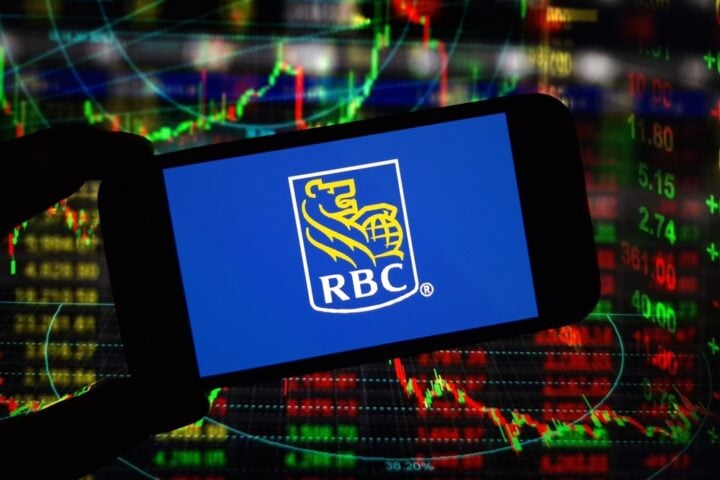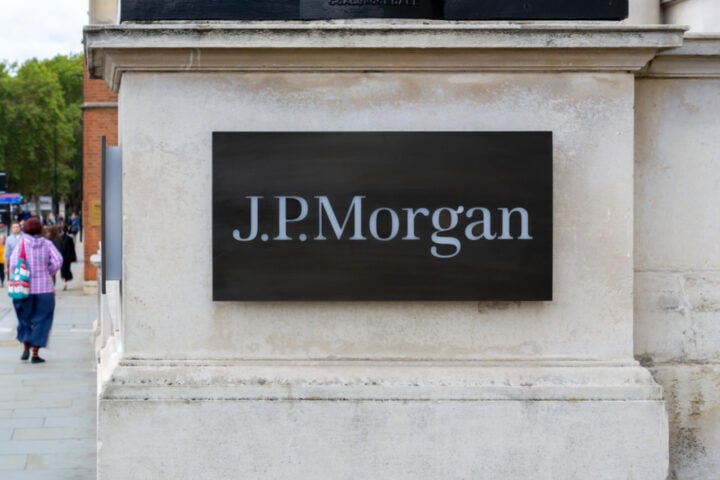Oil prices posted a 4% weekly gain, driven by investor attention to rising geopolitical tensions in the Middle East and uncertainty surrounding the upcoming U.S. election. With volatility anticipated across markets, oil traders are navigating a complex landscape of political risk, ceasefire negotiations, and global economic signals.
Weekly Performance of Brent and WTI Amid Rising Geopolitical Risk
Brent crude futures rose $1.67, or 2.25%, on Friday to close at $76.05 a barrel, while U.S. West Texas Intermediate (WTI) crude settled at $71.78, up $1.59 or 2.27%. For the week, Brent saw a 4.09% increase, and WTI finished 3.7% higher. This week’s price movement reflects cautious optimism and an undercurrent of geopolitical concern.
According to Phil Flynn, senior analyst at Price Futures Group, “The market is bouncing around in a holding pattern till we get an answer to some of these questions on Israel, the war, and the election.” Flynn added that the upcoming U.S. election and the potential for volatility are making investors hesitant to take significant positions.
Middle East Conflict and Ceasefire Talks Influence Oil Markets
Geopolitical factors remain a strong influence, with heightened tension in the Middle East following an Israeli strike in southern Lebanon that killed three journalists, as reported by Lebanon’s health ministry. Meanwhile, the U.N. refugee agency voiced concern that Israeli airstrikes on Syria’s border are impeding refugees’ escape from the region. In response to these developments, U.S. Secretary of State Antony Blinken emphasized the urgency of a diplomatic resolution, particularly concerning the conflict between Israel and Hezbollah in Lebanon.
Talks between U.S. and Israeli officials are set to resume, with aims to reach a ceasefire and negotiate the release of hostages in Gaza. The market remains sensitive to the possibility of Israel’s response to an October 1 missile attack by Iran, with potential targets being Tehran’s military infrastructure rather than its oil facilities, though the risk to oil supply remains a focal point for traders.
Investors Positioning Ahead of Upcoming Elections and Economic Data
Global markets are seeing increased investment in the U.S. dollar and a rise in volatility as traders position ahead of the November 5 U.S. election and elections in Japan. Tim Snyder, chief economist at Matador Economics, remarked, “Geopolitics is the leading force today… otherwise, we are just waiting to see what happens with the U.S. election.” Beyond geopolitical concerns, traders await upcoming decisions on interest rates from three major central banks and the U.K. government’s budget announcement, which could impact oil prices further.
China’s Stimulus and OPEC+ Production Cuts: Unlikely Boosts for Oil Demand
In addition to geopolitical concerns, traders are also looking for more insight into China’s economic policies. However, analysts are tempering expectations, with Goldman Sachs noting that any impact from Chinese stimulus will likely be modest compared to the broader influences of Middle Eastern supply risks. The bank maintained its Brent forecast between $70 and $85 per barrel for 2025.
Bank of America shared a similar outlook, forecasting Brent to average $75 per barrel next year, assuming OPEC+ production cuts remain in place.
With oil prices sensitive to evolving geopolitical tensions and upcoming elections, traders are treading carefully. The Middle East remains a critical factor, while the upcoming U.S. election, potential rate adjustments, and Chinese policy shifts will all play into the volatility expected in energy markets in the weeks ahead.







